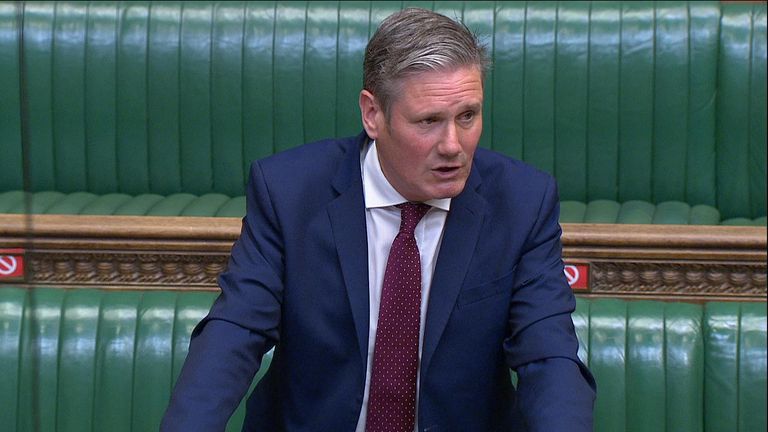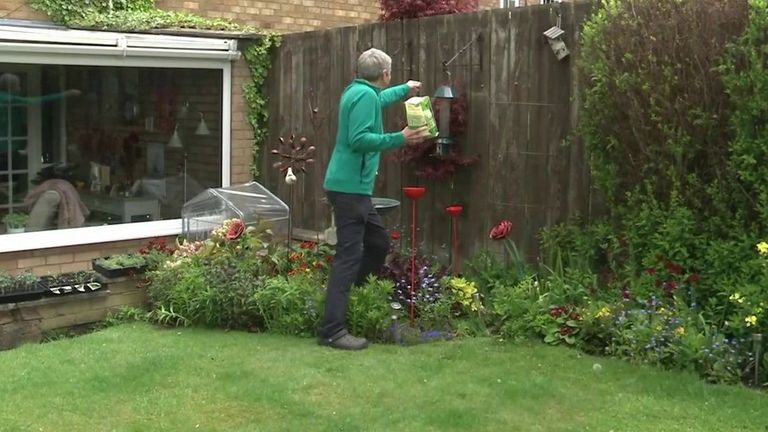The COVID-19 pandemic has highlighted that care in the UK is “not properly funded, lacks transparency and urgently needs reform”, according to a government select committee.
The public accounts committee, which encourages transparency and accountability within government, is calling for an end to rhetoric and the implementation of long talked about reforms.
One of its key recommendations is that the Department of Health and Social Care must set out a comprehensive, cross-government reform plan for care by the end of this year.
Meg Hillier MP, chair of the committee, said: “Carers, younger and older adults needing care, and home care have seen decades of neglect, and the 1.5 million who work in care deserve much better.
“The reforms to address this now must include a long-term funding plan that allows local authorities and providers to innovate and improve services. We cannot afford more broken commitments on care.”
Her thoughts are echoed by the industry, which has broadly welcomed the recommendations.
Mike Padgham, who owns care homes in Scarborough and is chair of the Independent Care Group, said the findings are not surprising.
“It’s nothing that we don’t already know, or that the government should already know,” he said.
“It’s like your house is on fire and you keep calling the fire brigade, but they still haven’t turned up.
“I want to see the government be bold and set a date for these reforms to be implemented, and if the current secretary of state can’t make it happen, someone else should be brought in.”
At the St Cecilia’s Care Home in Scarborough the residents are outside with their carers, enjoying a performance from a mobile seaside organ.
David has been at the home for seven years, and said he can’t praise the staff enough.
“They start work at 7am, often don’t go home until 8 in the evening, and spend all day on their feet looking after us. They’re amazing,” he said.
Simon Walls is the clinical lead at St Cecilia’s. He said staff often feel undervalued, particularly during the most traumatic times of the pandemic.
“This isn’t a job,” he said. “It’s a vocation.
“You can’t teach someone how to care – it’s part of your personality. But the staff here have had to cope with so much over the past year, both physically and emotionally, and we feel we deserve better treatment from the government.”
In March the government announced that NHS will “receive £6.6bn in additional funding over the next six months to support the continuation of the NHS response to COVID-19, and the recovery of elective services.
“This brings the total package of additional support given to our health services for COVID-19 to £92bn, with £63bn this year and £29bn for next year.”
In addition, the government announced an extra £341m for adult social care, to enable the continuation of rigorous infection prevention control measures and to support rapid testing to keep staff and residents safe in day care, respite care, care homes and other community care settings.








